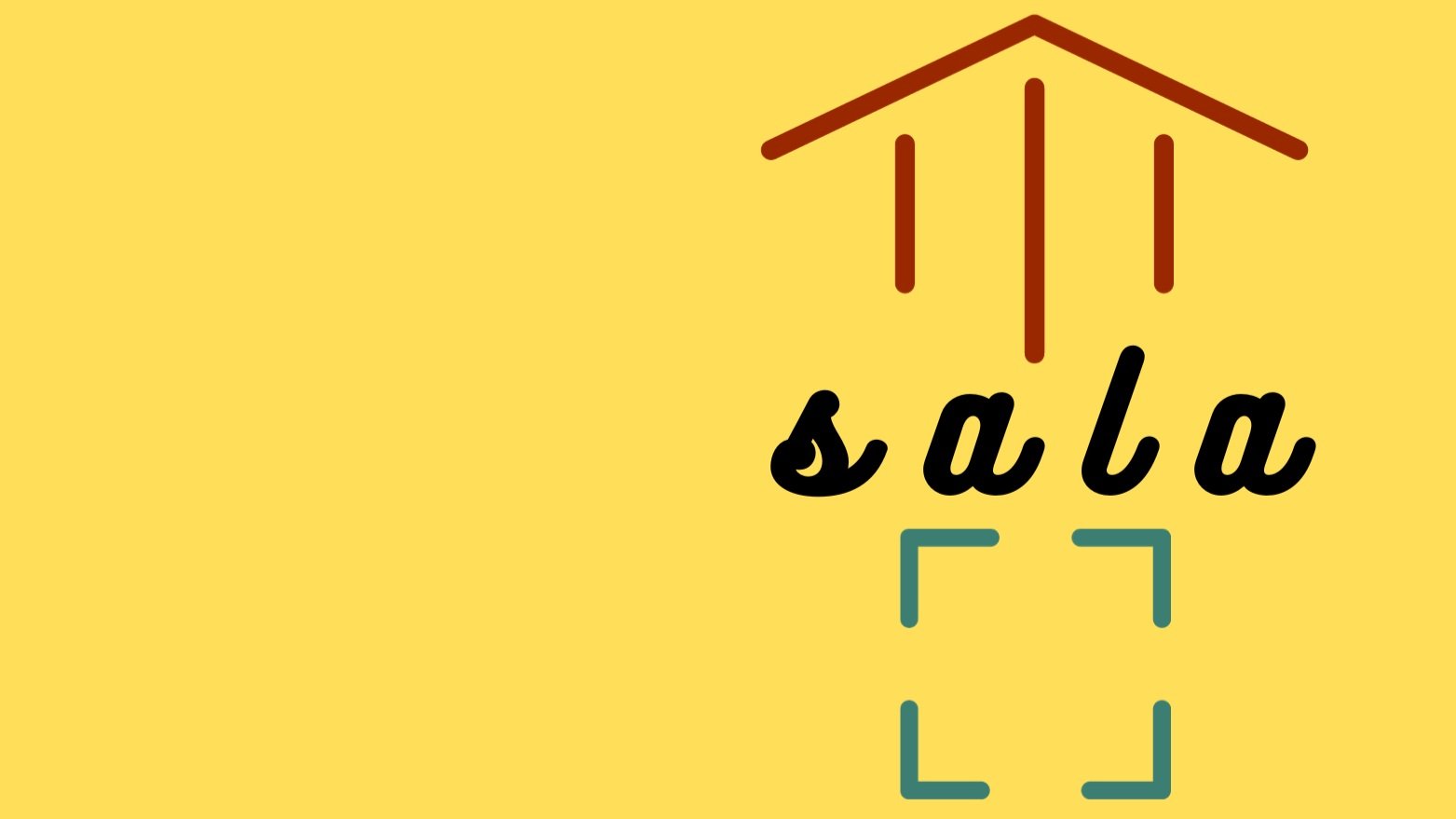
About
Sala is a community roundtable, unlearning histories.
This is your seminar, laced with food and drink, and served to the public. Through critical lecture and exercise and discussion, alongside edible provisions, we experiment with practices and palates, at the table and off the table.
-
We grow kinship over feast & discourse, by considering how daily lives are tangled with difficult histories of empire and colonialism, of race and gender and class, histories of ourselves, others, and ourselves in relation to others.
-
We build futures upon ruptures that are decolonizing & feminist, by breaking down and building up why we know what we know.
Our Story
As a historian who’s meandered between lecture halls and conference venues, cafe tables and dining rooms, I have been deeply nourished by both institutional disciplines of scholarly thinking, and informal rituals of quotidian living. How can we create an opening for both in the same space? The objective of Sala is to cultivate this space (between the classroom, the street, and the living room), to welcome conversation about pasts and presents (and building futures from there).
Why "Sala"? We inaugurate this in Cambodia, where in Khmer, sala [សាលា] is a kind of space (e.g. room or school, townhalls or courthouses), for the congregation of a community to question, dialogue, and learn. Interestingly, there are words similar to "sala," with similar meanings, in languages across the world—words for a kind of space where people gather. It is our hope that Sala can be that space, wherever it travels.
In Season
The first season of Sala dwells on “Femme in Colonial Phnom Penh,” conversations about how women’s bodies moved within and through Phnom Penh during the French colonial period, from the late nineteenth century through the early decades of the twentieth century. Follow along as we announce when and where each roundtable pops up in town.
